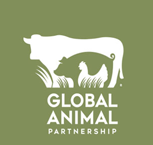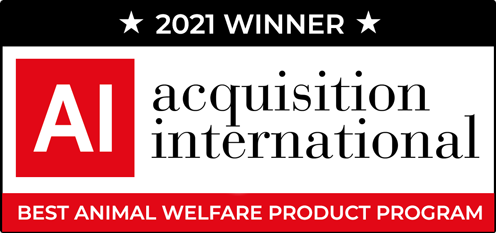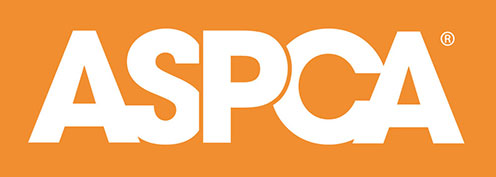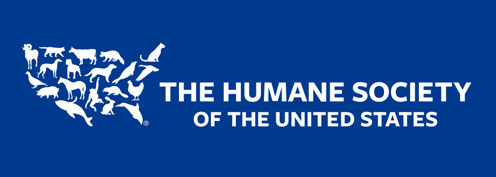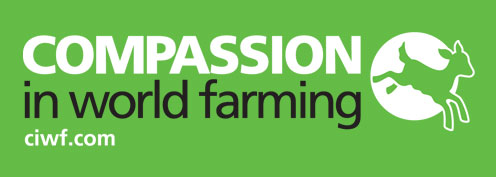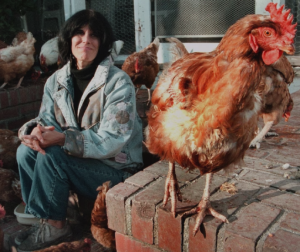AUSTIN, TEXAS (Sept. 8, 2020) – Global Animal Partnership (G.A.P.), North America’s most comprehensive farm animal welfare standards and labeling program, announces the completion of the largest-ever study of broiler chicken health, welfare, and production. G.A.P. established the Better Chicken Project initiative in 2016 bringing scientists, breeding companies, chicken producers, buyers, and animal welfare advocates together with a common purpose: to establish a research-based framework to reinvent the modern day broiler chicken. This research study was the first step in defining a new animal welfare protocol and breeds acceptable for use in its program moving forward.
The study, which included more than 7,500 broiler chickens from 16 different genetic strains, and took two years to complete, was led by researchers Drs. Stephanie Torrey and Tina Widowski at the University of Guelph, in Ontario, Canada. G.A.P. secured funding for the project, and the researchers secured additional funding from the Canada First Research Excellence Fund. In-kind contributions were provided by Ontario Agri-Food Innovation Alliance and major poultry genetics companies. The study was designed and conducted independently at the University of Guelph.
“This study was the first multi-disciplinary research project of chicken welfare to include carefully chosen indicators such as behavior, physiology, anatomy, production, and meat quality together into one research project. No other broiler chicken welfare research project has been done on this scale,” said Dr. Widowski.
In 2016, G.A.P. announced that by 2024, it would replace 100 percent of chicken breeds that result in poor welfare outcomes with breeds meeting specified welfare outcomes within its 5-Step® Animal Welfare Certification Program. Currently used commercial breeds have a history of welfare issues that this study seeks to address.
“Throughout G.A.P.’s history as an animal welfare certification program, we have continued to pioneer innovative improvements to how animals are raised; however, regardless of how well broiler chickens are reared, there’s still an issue with the birds themselves. Our vision was to use the findings from this study to identify multi-disciplinary factors that could objectively support change within our existing standards program,” said Anne Malleau, G.A.P. executive director.
Based on the final results of the Guelph study, a multi-stakeholder technical working group of experts has been assembled to assist G.A.P. with drafting protocols for assessing breeds for use in their program in the future.
A summary of the study results is available to the public by accessing G.A.P.’s Better Chicken Project page here. This summary represents key parts of the research; however, additional analysis and further data will be released in the future. A key finding of the study is that even under controlled conditions with excellent management, fast-growing broiler chickens face significant animal welfare trade-offs such as less activity and poorer mobility, higher rates of muscle myopathies (e.g. woody breast, white striping), and potentially inadequate organ development. All results from the study will eventually be published in peer-reviewed journals by the researchers involved in the study.
As hundreds of large food and hospitality companies have pledged to address broiler chicken welfare as part of their corporate social responsibility commitments, G.A.P. offers a path toward meeting those promises with its highly regarded animal welfare certification and labeling program. Consumers should beware of vague or undefined claims of chicken welfare: by looking for the G.A.P. certification seal, they will know that they are truly buying chicken raised to science-based welfare standards.
####
